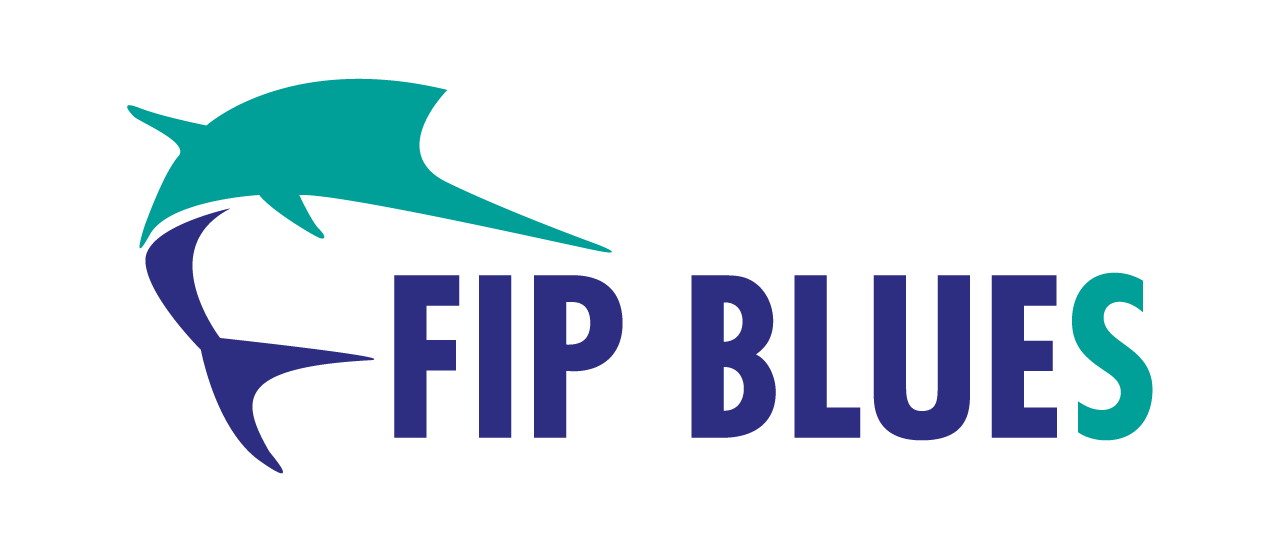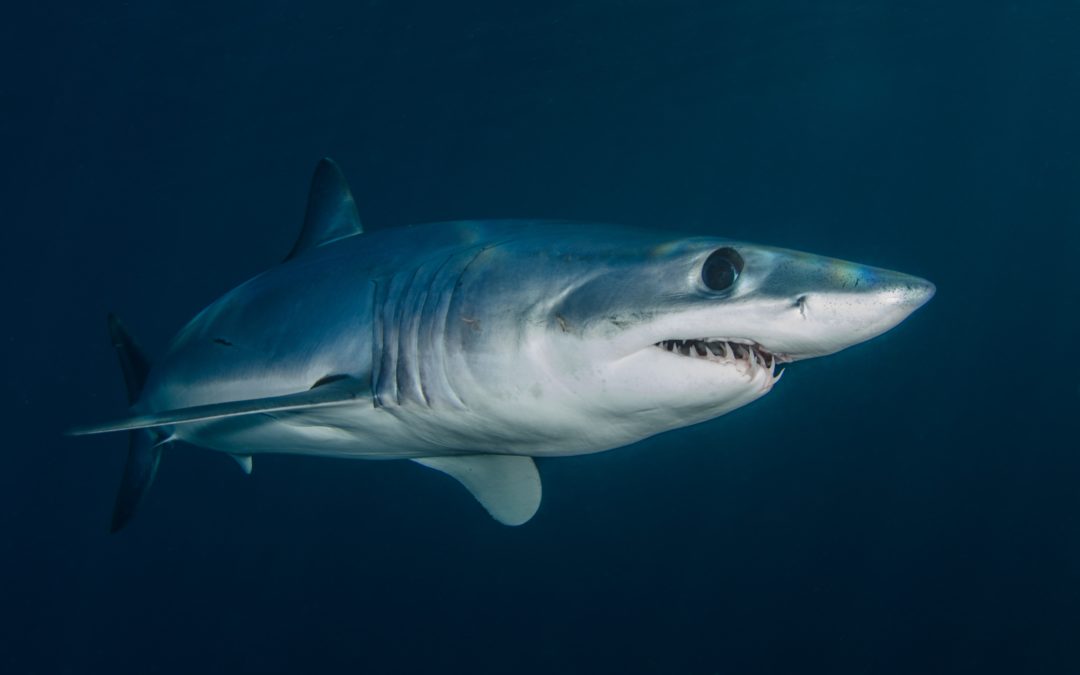For the 115 affected surface longliners, the nonsense that prevented them from selling the shortfin mako that they could catch has been an “ordeal”. Quite a mess, because the European Union (EU) and the Ministry of Agriculture, Fisheries and Food allowed them to fish it but the Ministry of Ecological Transition did not authorize the commercialization. More than 90,000 kilos from 2020 are still frozen in warehouses or have already been destroyed, although they were allowed to export a good part of the 2021 catch. Since last December they could not fish or sell it. The sales permit that Ecological Transition has just granted to 85 ships was missing. The ministry chaired by Teresa Ribera has responded to the clamor of the fishermen and issues the essential certificates with which it authorizes the unloading and export of the toothfish. Three months after the start of the year, they can capture part of the quota assigned to Spain. Ships from Burela, Celeiro, Marín, Vigo and A Guarda have begun to unload it in the port of Vigo. They will no longer feel disadvantaged by Portuguese vessels, which fish in the same fishing grounds as them and distribute their catches from Vigo. As the shortfin has been included since 2019 in CITES (Convention on International Trade in Endangered Species of Wild Fauna and Flora), the catch options agreed by the international organizations that manage these fisheries are conditioned to the marketing permit. At the moment, Ecological Transition allows the Spanish fleet to sell 301.7 tons of shortfin from the South Atlantic (in the North it is prohibited), 420 from the Eastern Pacific, 147 from the Western and Central and 139 from the Indian Ocean. Because it was ineffective for the protection of the resource and because it harmed the fleet that had fished it legally, even the Eurocommissioner for Fisheries and the Environment, Virgnijus Sinkevicius, questioned that Spain limited the commercialization of shortfin after being included in CITES. Source Voz de Galicia

